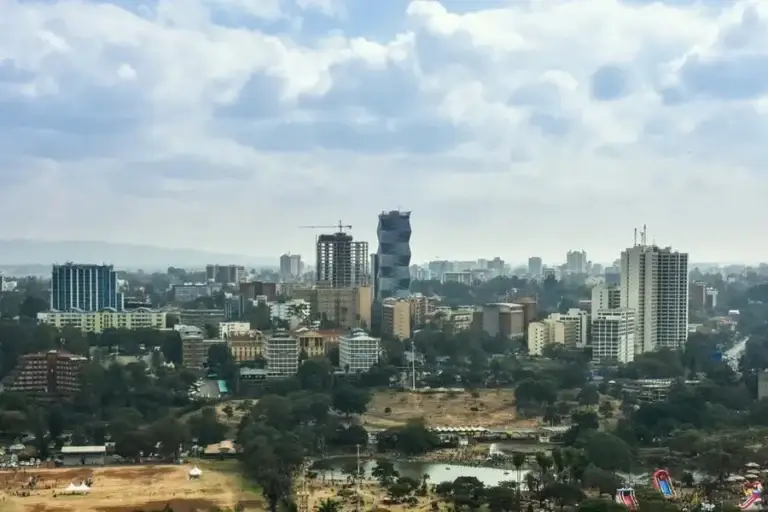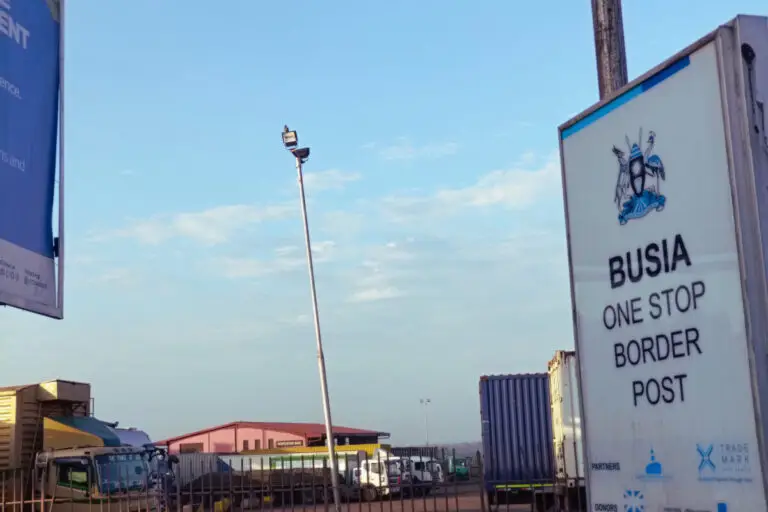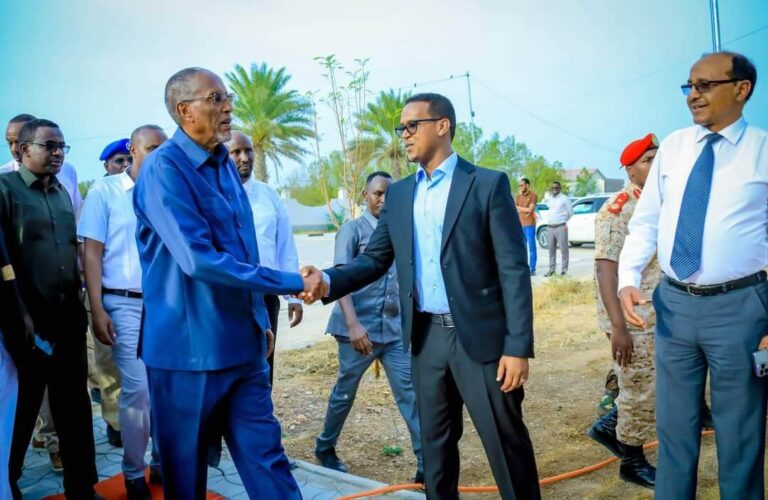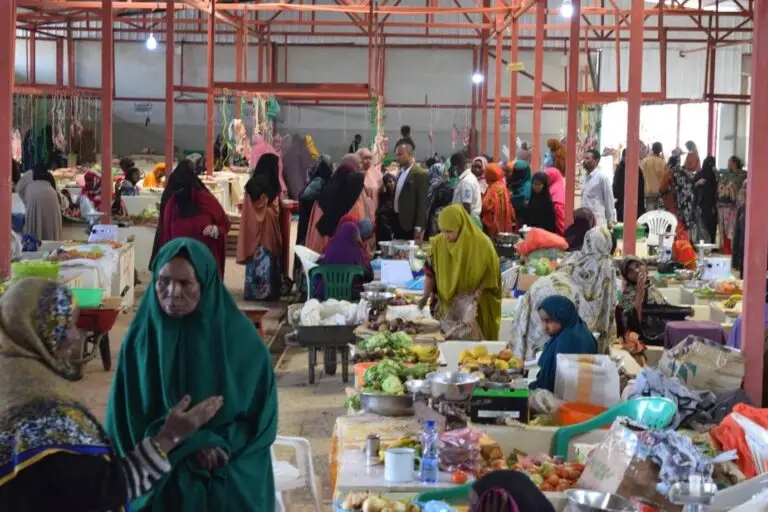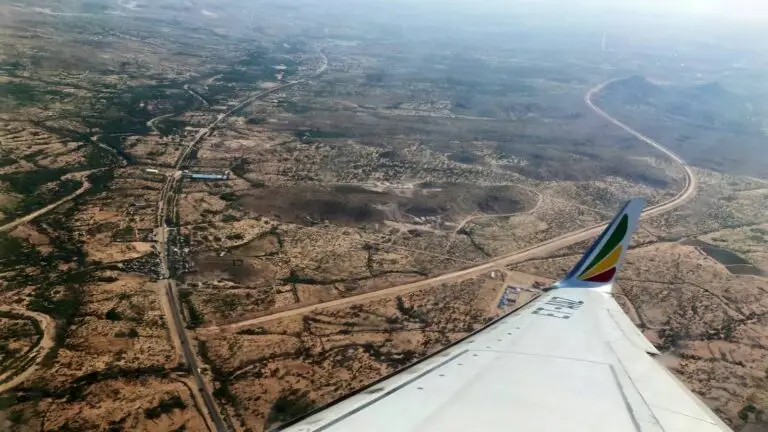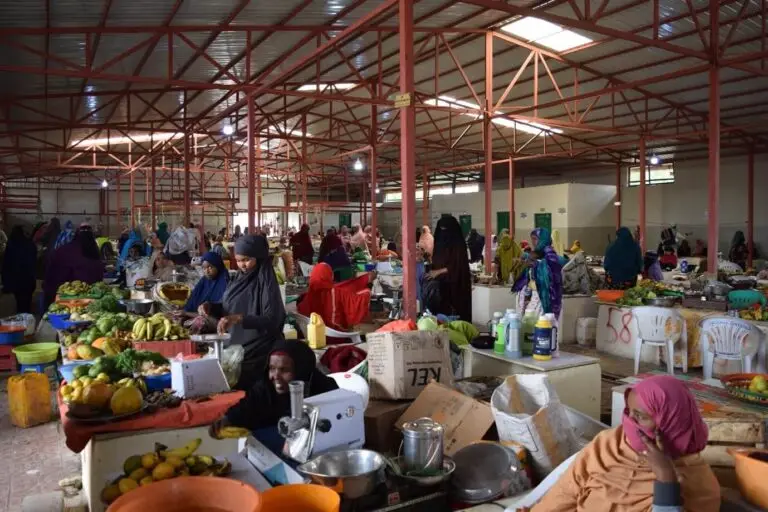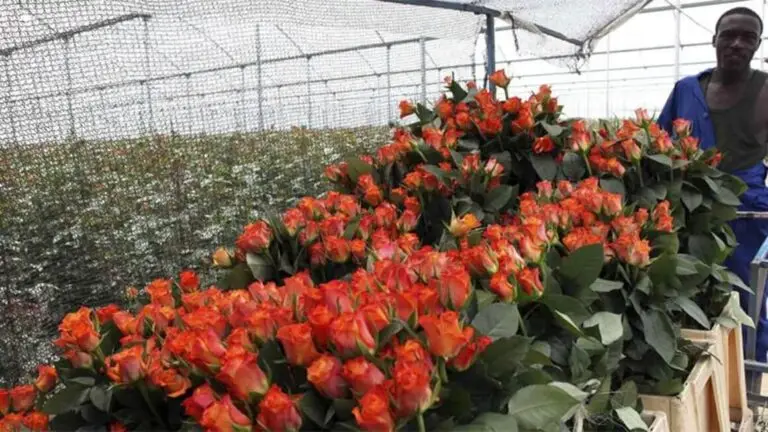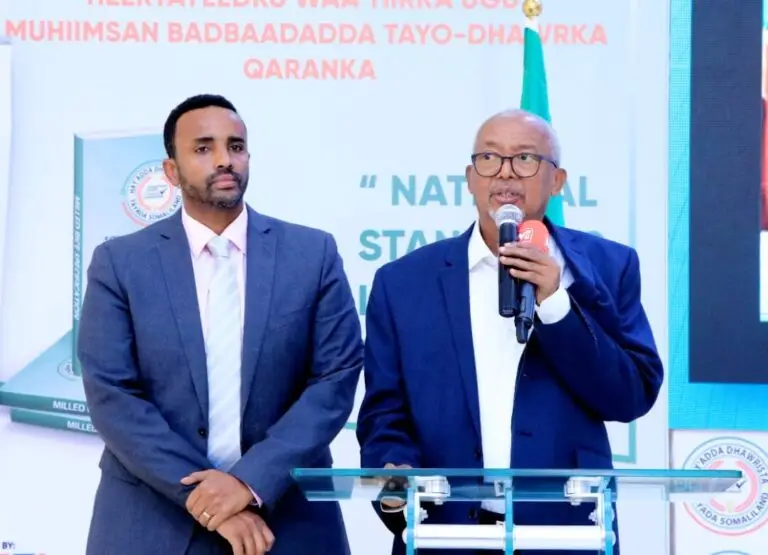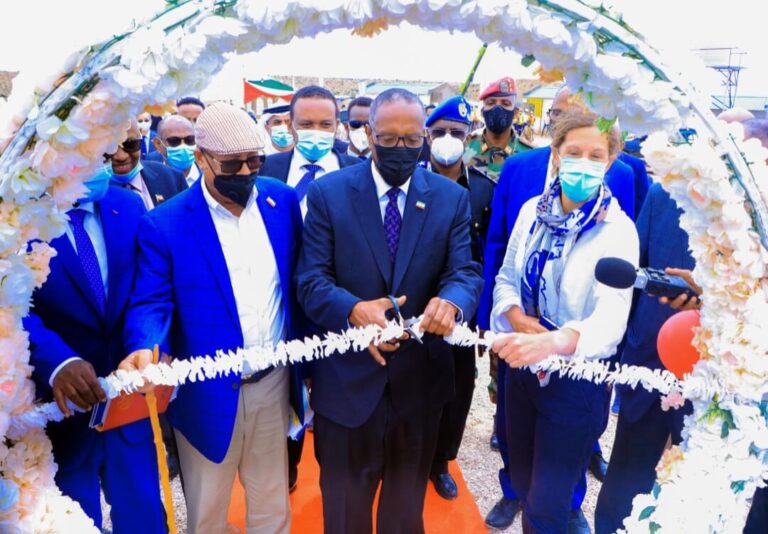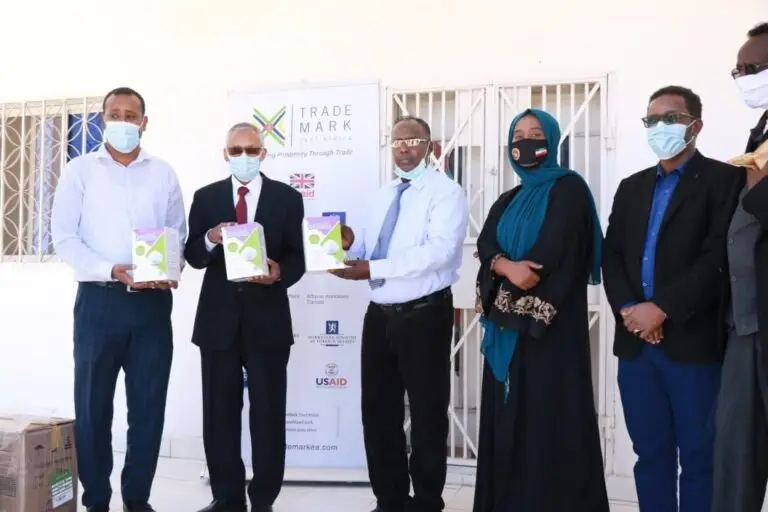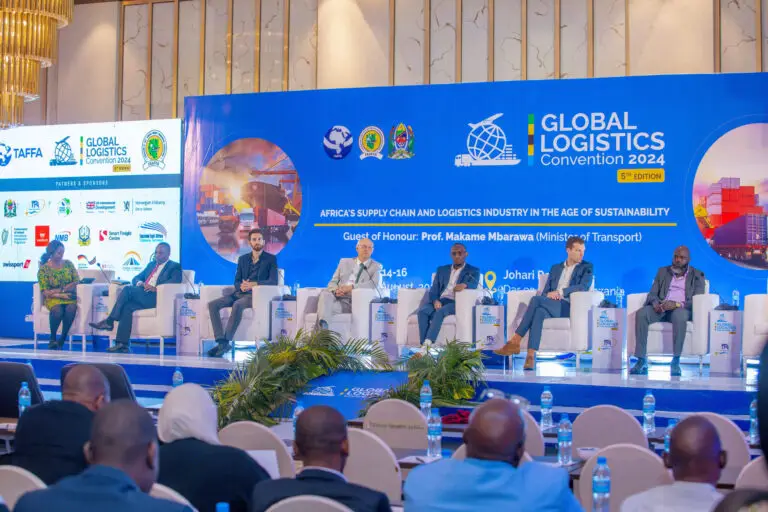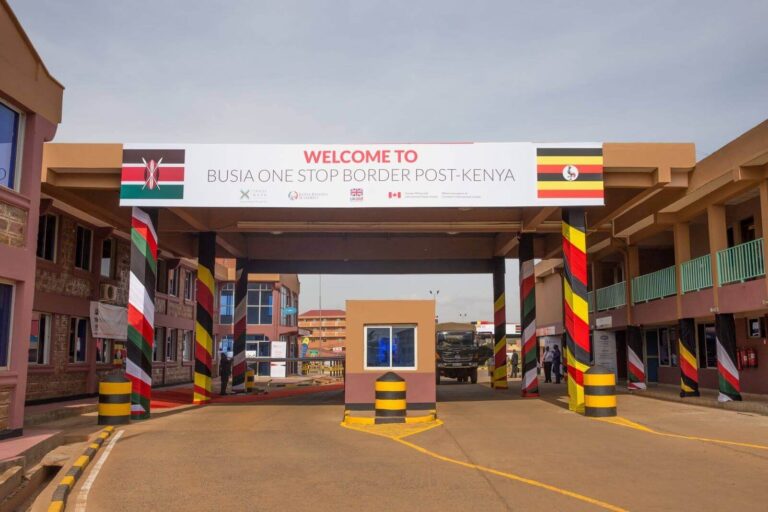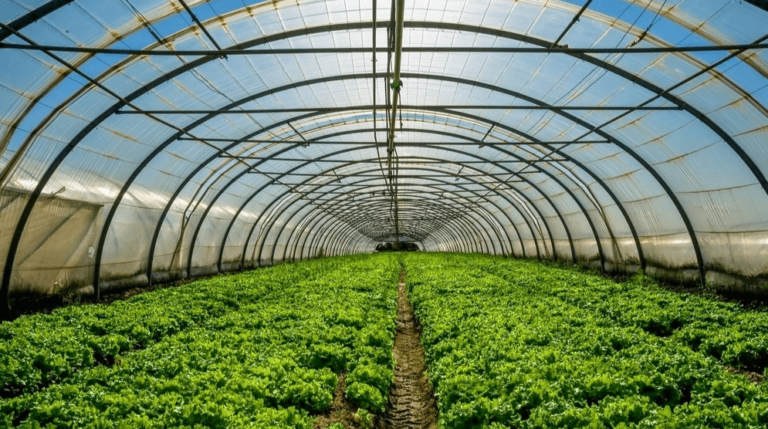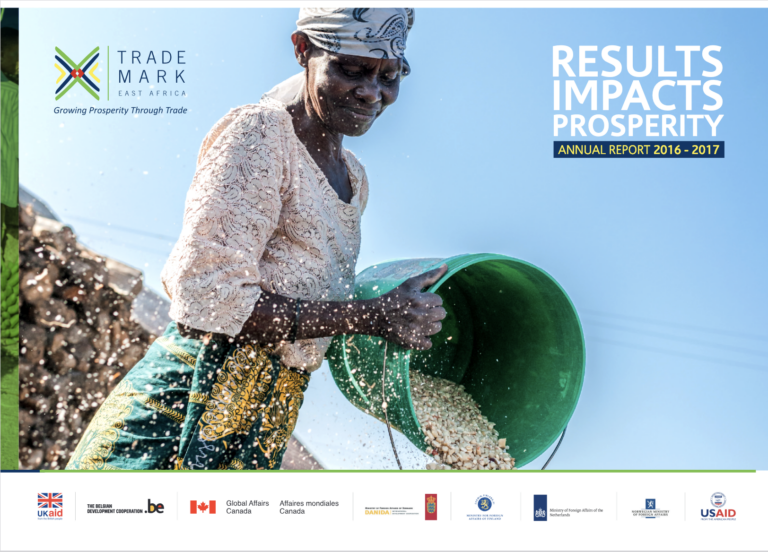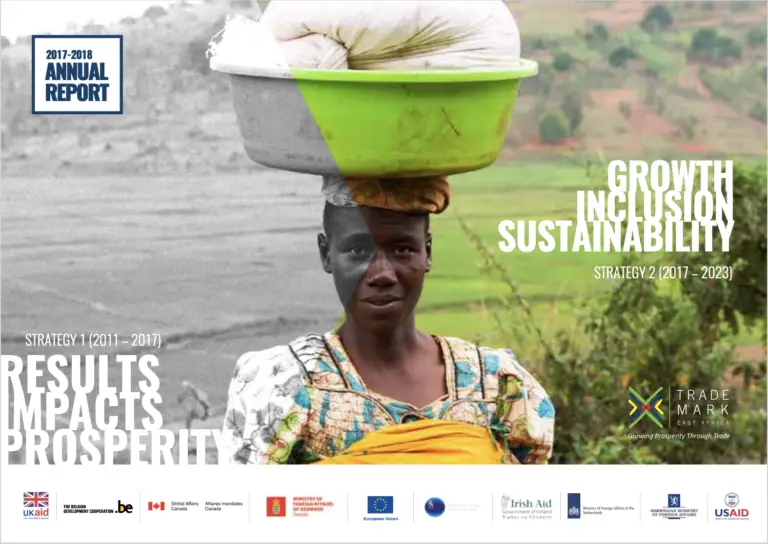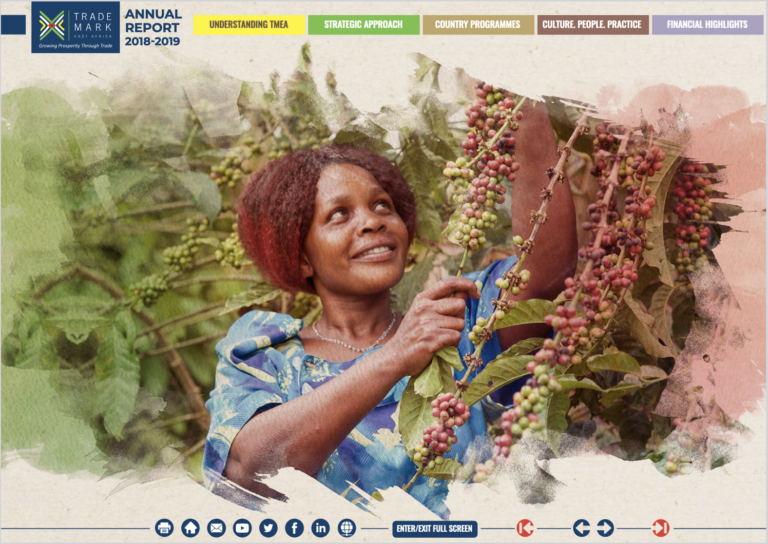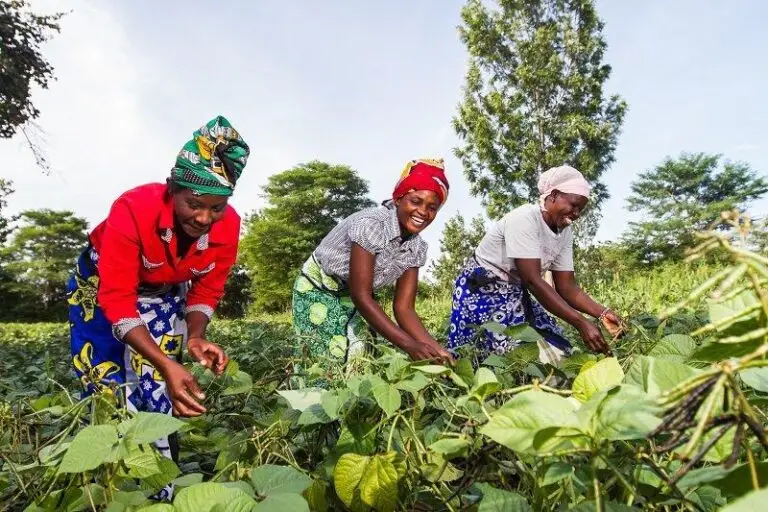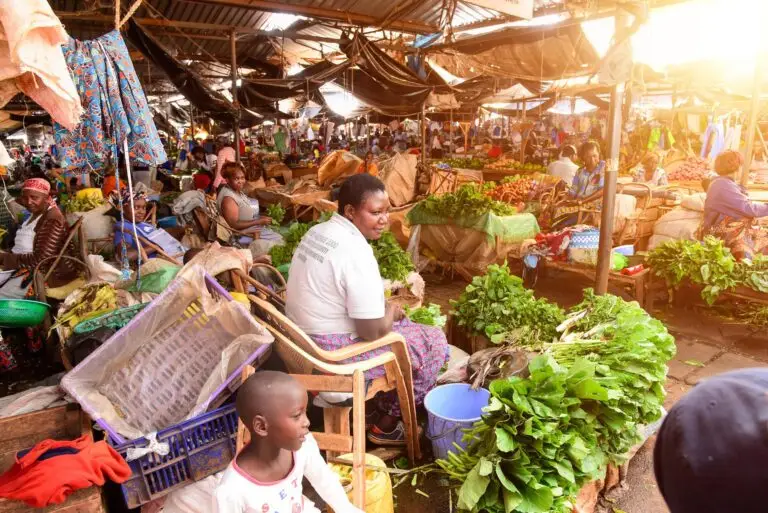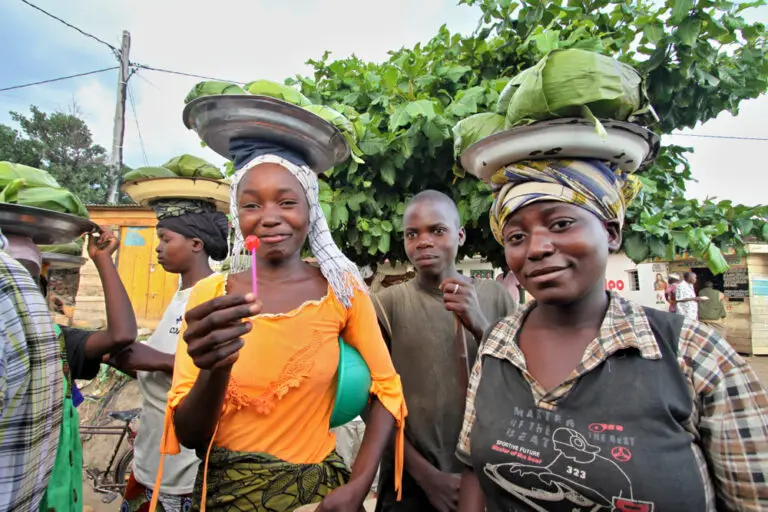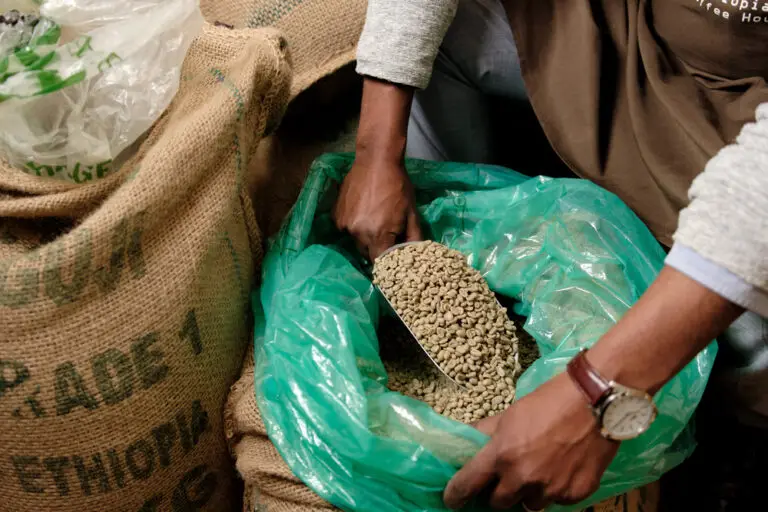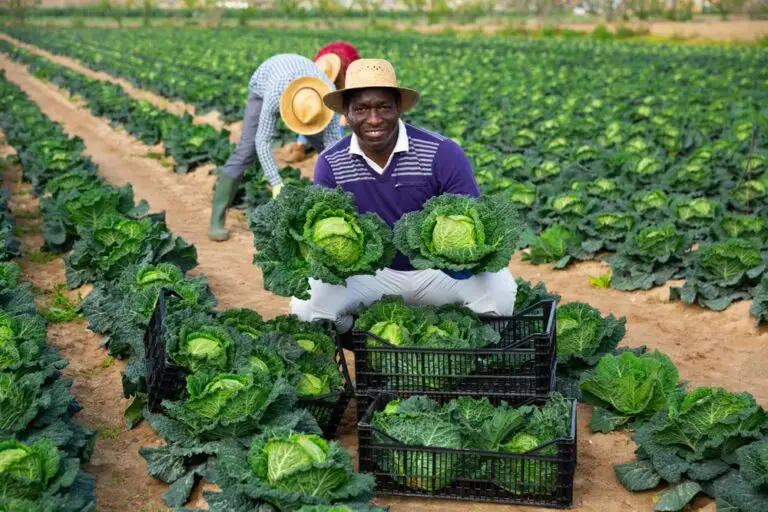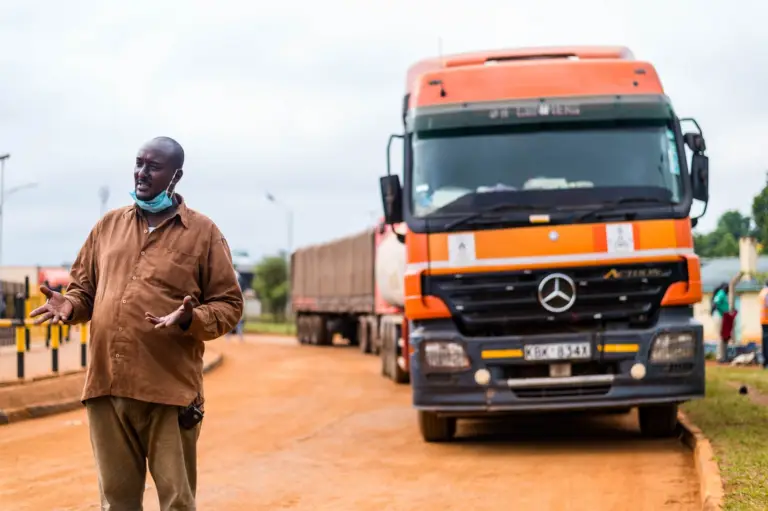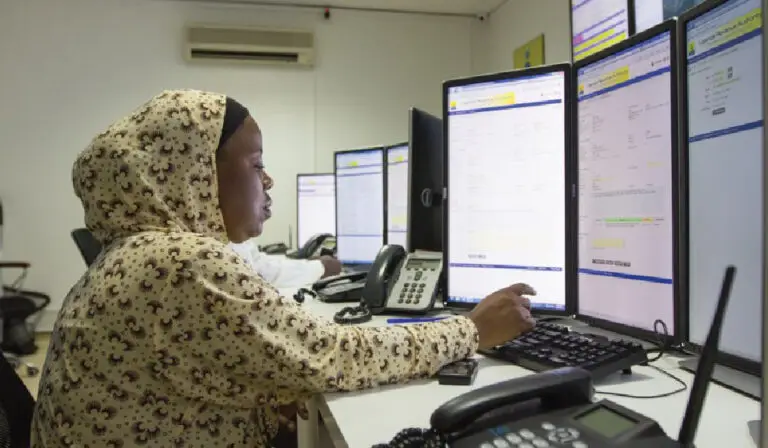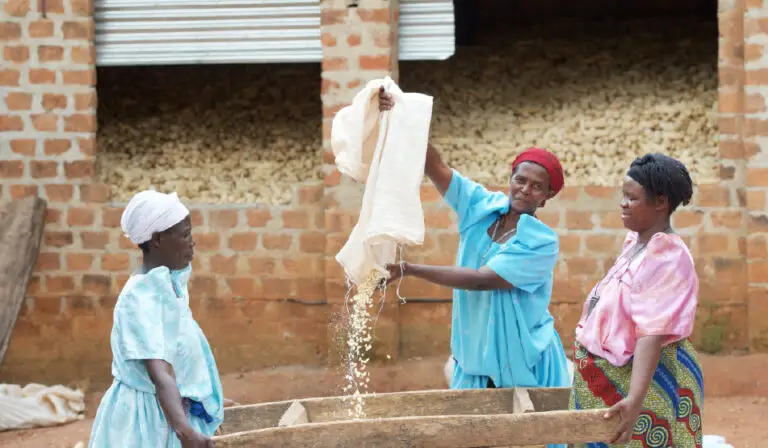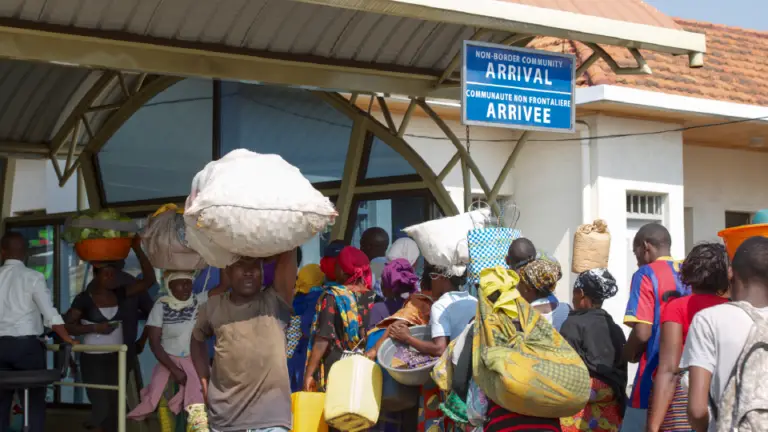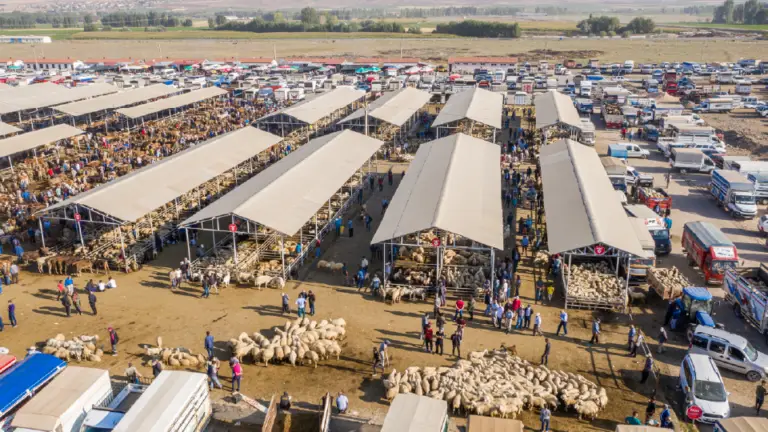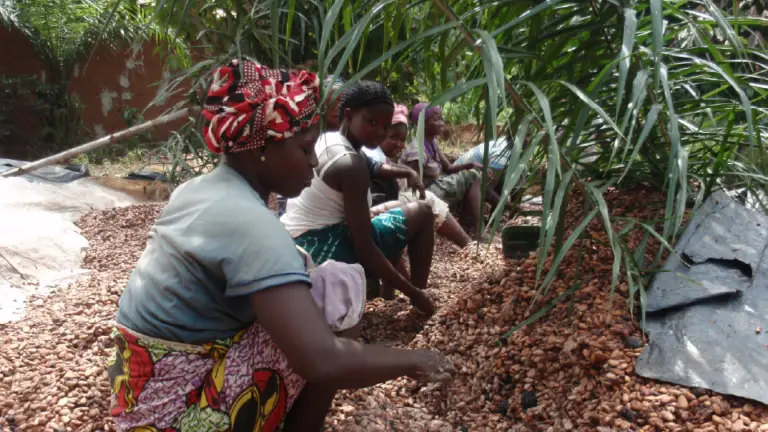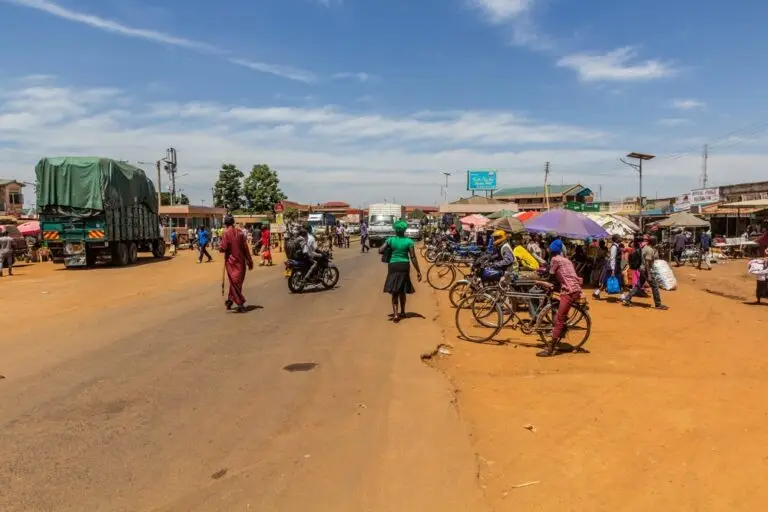Quick Stats
Somaliland
6 Million (2024)
$ 4 Billion
2021
Berbera Corridor
Livestock and Frankincense
- Population and GDP size- World Bank Data – https://data.worldbank.org/indicator
- Trade- OEC- https://oec.world/en/profile/country/
For more than 30 years, Somaliland has combined political stability with measured reform, creating space for trade-led development. At the heart of this progress is the Berbera Corridor. Backed by the Government, development partners and businesses alike, the corridor is evolving into a genuinely commercial route.
176,120 sq kms
6 Million people
Since 2016, over $560 million has been committed to infrastructure along this route, representing an unprecedented level of investment in Somaliland. Dubai Ports World is investing in a phased expansion of Berbera Port, including a new 400-metre container berth. The Abu Dhabi Fund for Development is supporting corridor connectivity with an upgrade of the road to Tog-Wajaale, at the Ethiopian border.
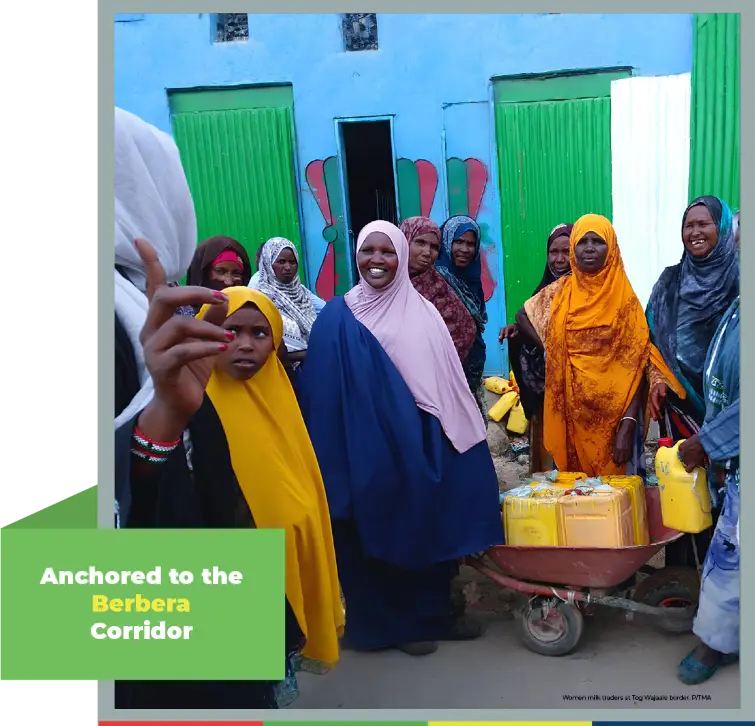
Anchored to the Berbera Corridor
Complementing this and working with the Ministry of Transport and Roads Development, TMA, with £33 million from the UK’s International Development portfolio, has already delivered the 22.5 km Hargesia Bypass (HBP) as a two lane single carriageway, thus removing a major bottleneck on the approach to and from the port, and around Somaliland’s capital of Hargeisa. These investments align with Somaliland’s National Development Plan III (2023-2027), which calls for inclusive growth, climate-resilient infrastructure and deeper regional integration.
Early Milestones
Since 2021
TMA’s programme was set up in 2018 and is anchored on the Berbera Corridor, the vital link between the Red Sea and Ethiopia. Between 2018 and 2023, TMA pursued three tightly integrated objectives: i) Infrastructure that unlocked flow through the construction of the Hargeisa Bypass, completed in 2023. This has contributed to reducing transit times along Berbera Corridor by 38% per a Berbera Corridor Endline Survey.
To reduce trade costs and align with continental protocols, TMA supported the harmonisation of 16 standards with Ethiopia and facilitated the Somaliland-Ethiopia transit agreements. Additionally strengthening institutional capacity by supporting the Somaliland Quality Control Commission and establishing a fully equipped standards laboratory at Berbera Port. During Covid-19-era safe-trade measures at Tog Wajaale border were introduced ensuring essential goods could move safely and effectively. iii) Inclusive local growth, such as improving market infrastructure for women traders, for example the development of the solar powered HACCP ready Berbera Fish Market, completed in 2023/2024.
Trade Systems and Regulation
Working with customs, standards, and transit agencies to bring procedures into line with the World Trade Organisation, the World Customs Organisation, and Africa Continental Free Trade Area provisions. This includes strengthening rules of origin procedures, digitising declarations, and developing online trade data systems
Digital
Corridors
A Port Community System for Berbera, an electronic cargo tracking platform, and a national trade information portal will give operators end-to-end visibility and cut clearance times.
Seamless
borders
tariff barriers, will promote legal certainty along the entire corridor.
Sustainable
growth
TMA Strategy 3
2023 - 2030
TMA is mobilising resources to implement its second Somaliland Strategy, centred on enhancing logistics efficiency, regulatory transparency, quality of goods and digital trade systems. These interventions will reduce transaction costs for domestic traders and regional partners alike, while ensuring the seamless transit of humanitarian through the Port of Berbera.
Programming is organised around four mutually reinforcing portfolios.
Digital Trade Systems
Value and Quality of Traded Goods
Physical Infrastructure
Trade and Investment Environment
- Working with customs, standards, and transit agencies to bring procedures into line with the World Trade Organisation, the World Customs Organisation, and Africa Continental Free Trade Area provisions. This includes strengthening rules of origin procedures, digitising declarations, and developing online trade data systems.
- A Port Community System for Berbera, an electronic cargo tracking platform, and a national trade information portal will give operators end-to-end visibility and cut clearance times.
- Formalising cross-border trade, harmonising agency protocols and eliminating certain non-tariff barriers, will promote legal certainty along the entire corridor.
- Targeted support for women-owned businesses and priority sectors will ensure that new market access translates to wider prosperity.
- The Berbera Fish Market Completed in 2024 with UK and Denmark support, the Berbera fish market provides hygienic display bays, clean water and cold-chain storage, allowing women traders to tap into Somaliland’s 40 000-tonne annual catch without spoilage and anchoring inclusive growth along the Berbera Corridor.
- With TMA facilitation, the Somaliland Quality Control Commission opened a modern laboratory at Berbera in 2021 and issued 16 new national standards for oilseeds, cereals, livestock and beverages, opening pathways for increased exports.
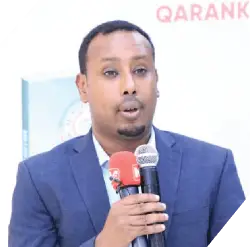
COUNTRY DIRECTOR, SOMALILAND
Christian Nibasumba is the Country Representative of TradeMark Africa in Burundi since 2019, where he oversees operations and works closely with government agencies, the donor community, private sector, and civil society organizations to steer TMA ambitions in Burundi.
With fourteen years’ work experience in various functions, primarily in economic development as well as program and grants management, Christian has in his previous career, served as Africa Regional Advisor on Economic Inclusion at Christian Aid, Grants Manager of the Public Diplomacy Section at the United States Embassy in Bujumbura, and Deputy Director of the Burundi Business Incubator.
He holds a Master’s degree MBA-Finance from United States International University-USIU-Nairobi and a Bachelor’s degree in business management & administration from Uganda Martyrs University. In 2018, Christian took part in the “Leading Economic Growth” program at Harvard Kennedy School, Boston-USA. Christian is a Certified “Business Edge” Trainer, a program by the IFC- World Bank and Alumnae of the French African Foundation. Christian additionally sits on KCB Burundi board as an independent/non-executive director, since 2021
- Christian.nibasumba@trademarkafrica.com
- +257 22 277 101


